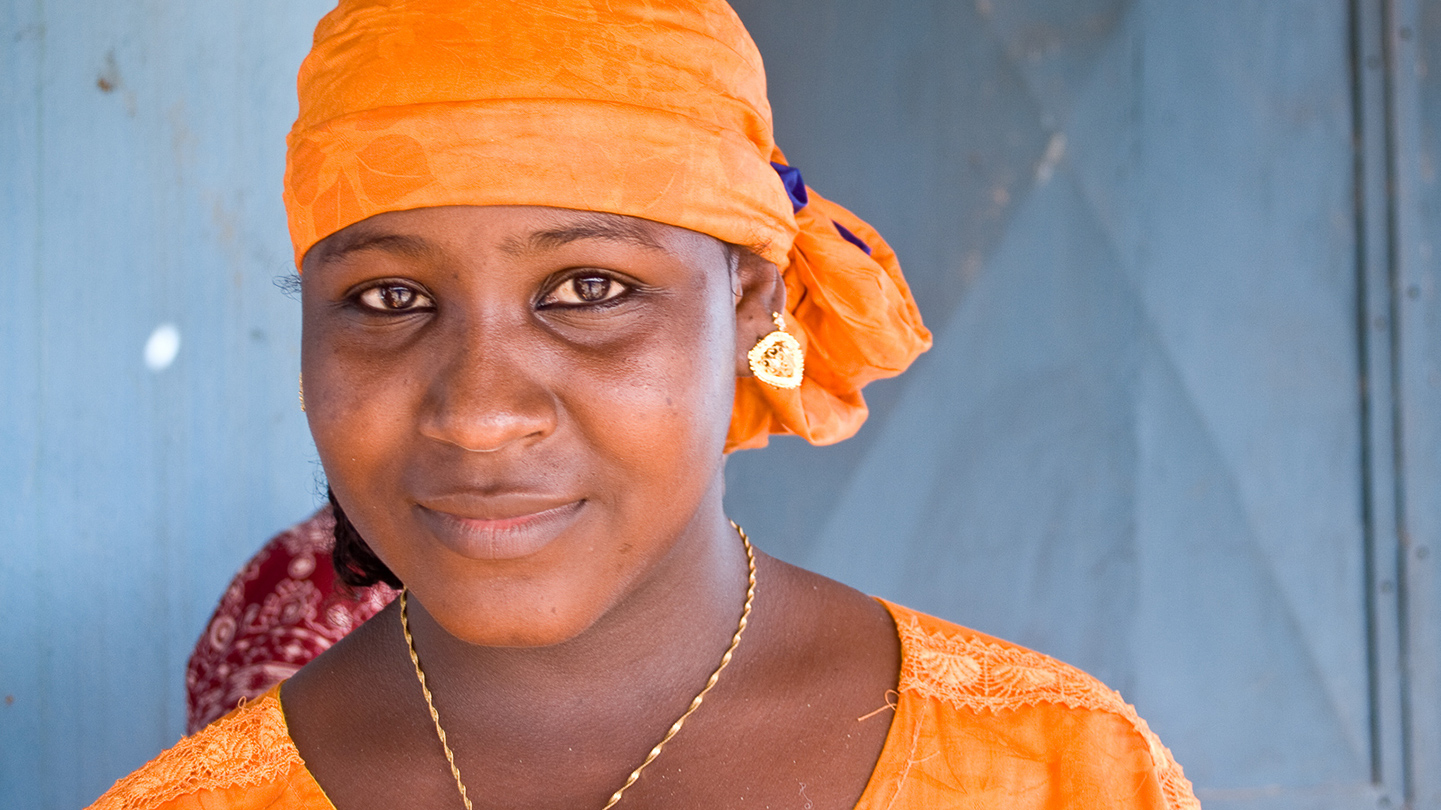
Whether you realize it, you probably speak in proverbs every day. Phrases like, “Actions speak louder than words,” and “When it rains, it pours” are so common we rarely think about how much meaning is packed into just a few words.
Proverbs are sprinkled into conversation in Africa too. Pithy statements are used to teach values and to make astute observations about everything from human nature to wise living to the role of women in society. An aptly-spoken proverb is met with approval in both the courts of kings and the courtyards of mothers admonishing their children.
Why Learning Local Proverbs is Important
As mission workers in Africa study language and culture, many make note of common proverbs in the area they live. These local sayings offer insights into the values and traditions of the people.
Though proverbs vary from group to group, many cover the same themes: community, family, work, hospitality, and so on. The following nine proverbs from around the continent highlight the wisdom and worldview of millions of Africans. Don’t miss the practical tips at the end on how to use proverbs in ministry.

Photo by JoAnn Bradberry.
“Ignorance is darker than the night.”
Hausa people, Niger and Nigeria
Education is highly valued in Africa, both formal schooling (in order to get a good job) and informal learning through the wisdom of others. Many Africans are open to discussing new ideas and outlooks, even in spiritual matters. Mission workers can use this openness to start conversations about the gospel.
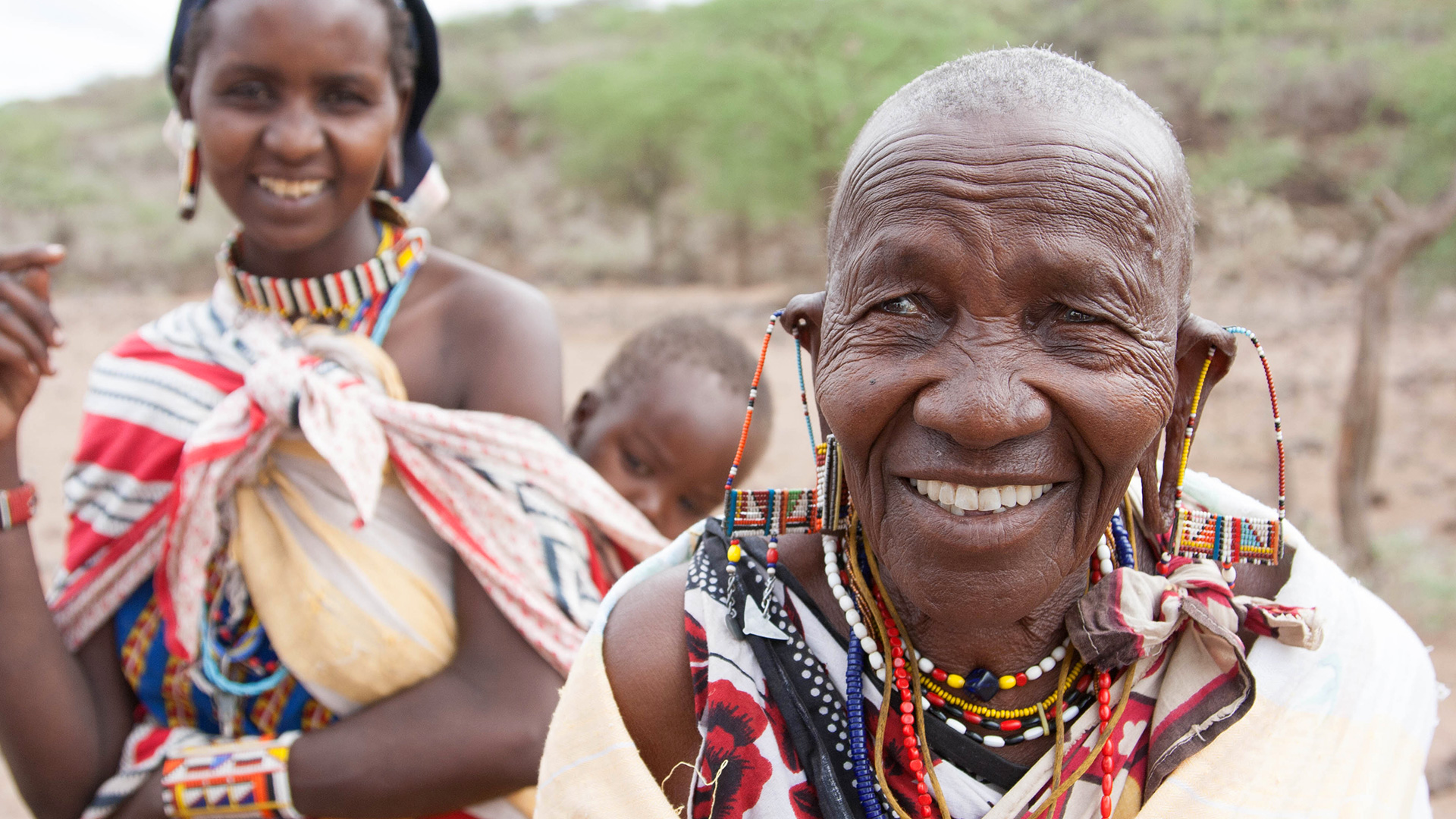
Photo by Wes Julian.
“A person should take as his companion someone who is older than himself.”
Wolof people, Senegal and The Gambia
As this proverb indicates, elders are honored members of African society. They are held in high esteem as the source of physical life for their family and as a source of wisdom and knowledge. Wise elders bring unity and stability to a community in times of difficulty and strife.

Photo by Max Power.
“A home is a home if it’s visited.”
Zulu people, South Africa
Africans are generally hospitable people who gladly welcome friends and strangers into their homes. They sacrificially share food, even breaking into the seeds stored for next year’s planting in order to prepare a good meal. The guests provide blessings in return—good conversation, news from far off places, and perhaps even material blessing in the form of a gift.

Photo by JoAnn Bradberry.
“The little dish that goes out comes back.”
Shona people, Zimbabwe
This observation on the reciprocal nature of generosity is a reminder that the people you help will in turn provide for you in a time of need. In the United States, we express the same sentiment through phrases like, “One good deed deserves another.” This obligation to return the favor is a picture of the interdependence of most African communities.
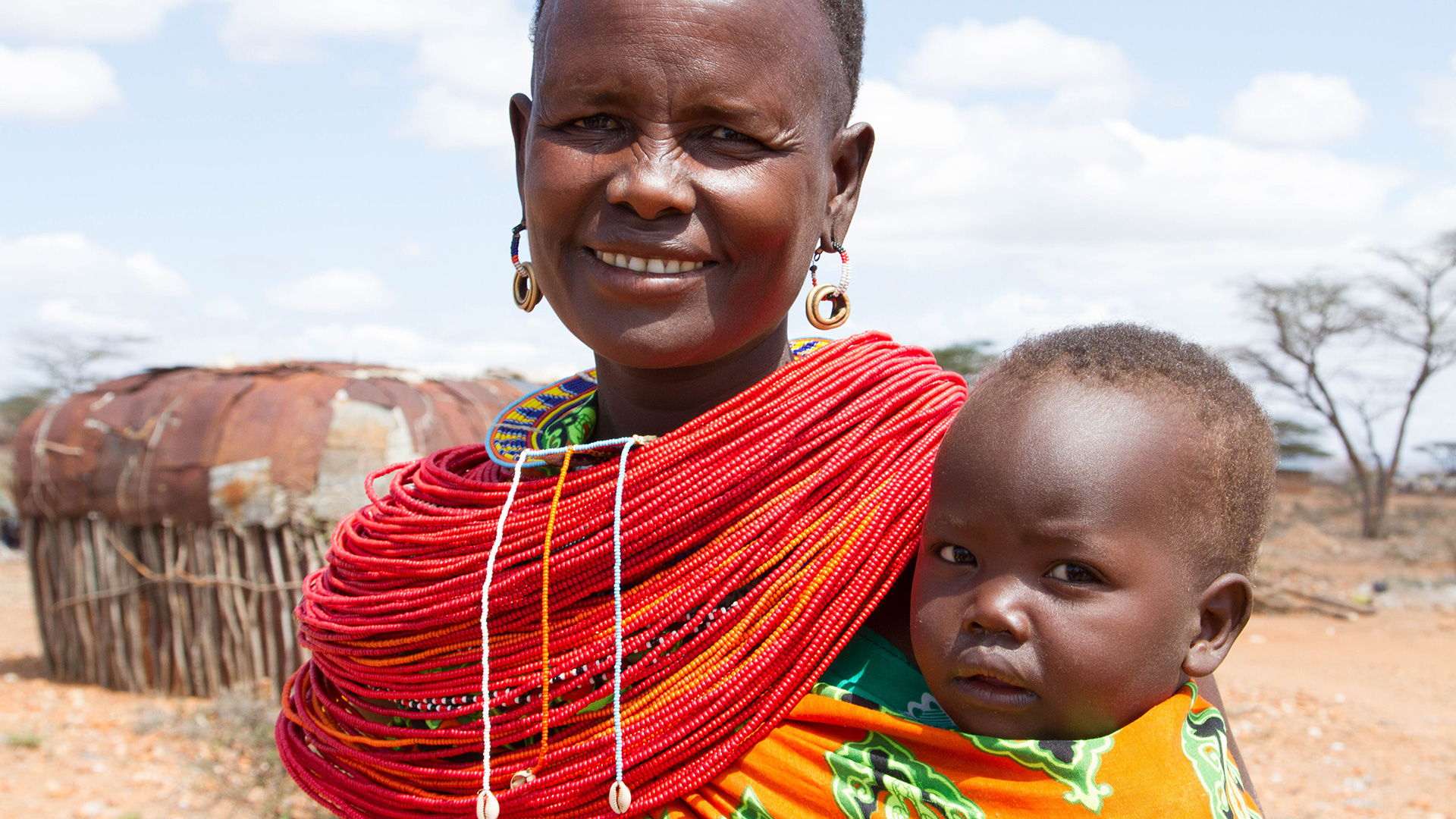
Photo by Wes Julian.
“The child who is carried on the back will not know how far the journey is.”
Njak people, Nigeria
Africa is a youthful continent; around 60 percent of the population is below age twenty-five. Children are valued because they bring joy to the family and extra sets of hands to help provide for needs. In some families the youngest ones are spoiled, but this proverb urges parents not to shield their children from the inevitable challenges and difficulties of life.
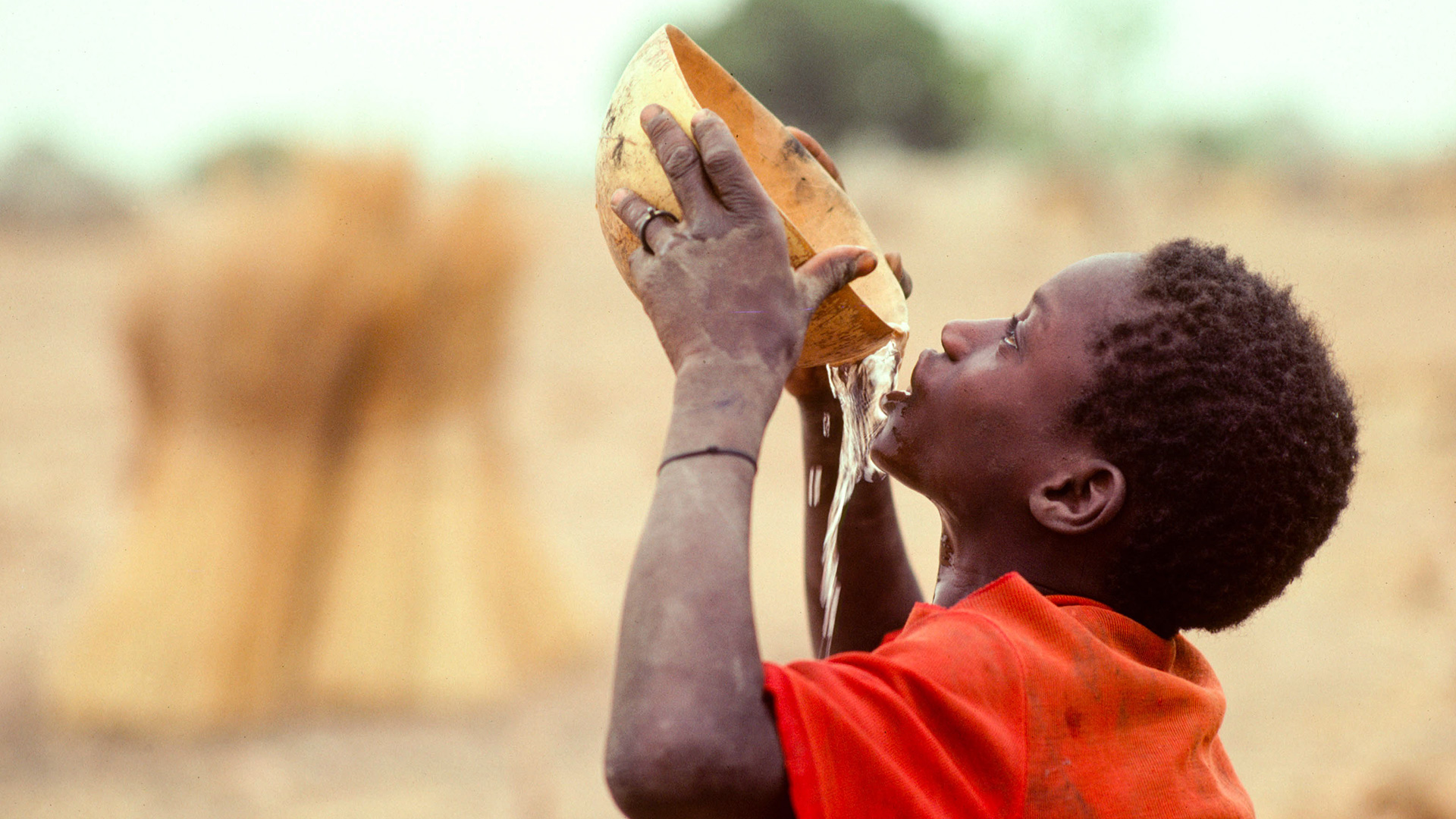
“When one begs for water, it does not quench the thirst.”
Soga people, Uganda
Most Africans work hard in their homes, fields, and places of business. Those who are lazy are mocked and looked down on. Though it’s possible to survive by begging or depending on others, it’s much better to provide for oneself. This proverb encourages people to work in order to be able to make their own choices and have exactly what they need or want.
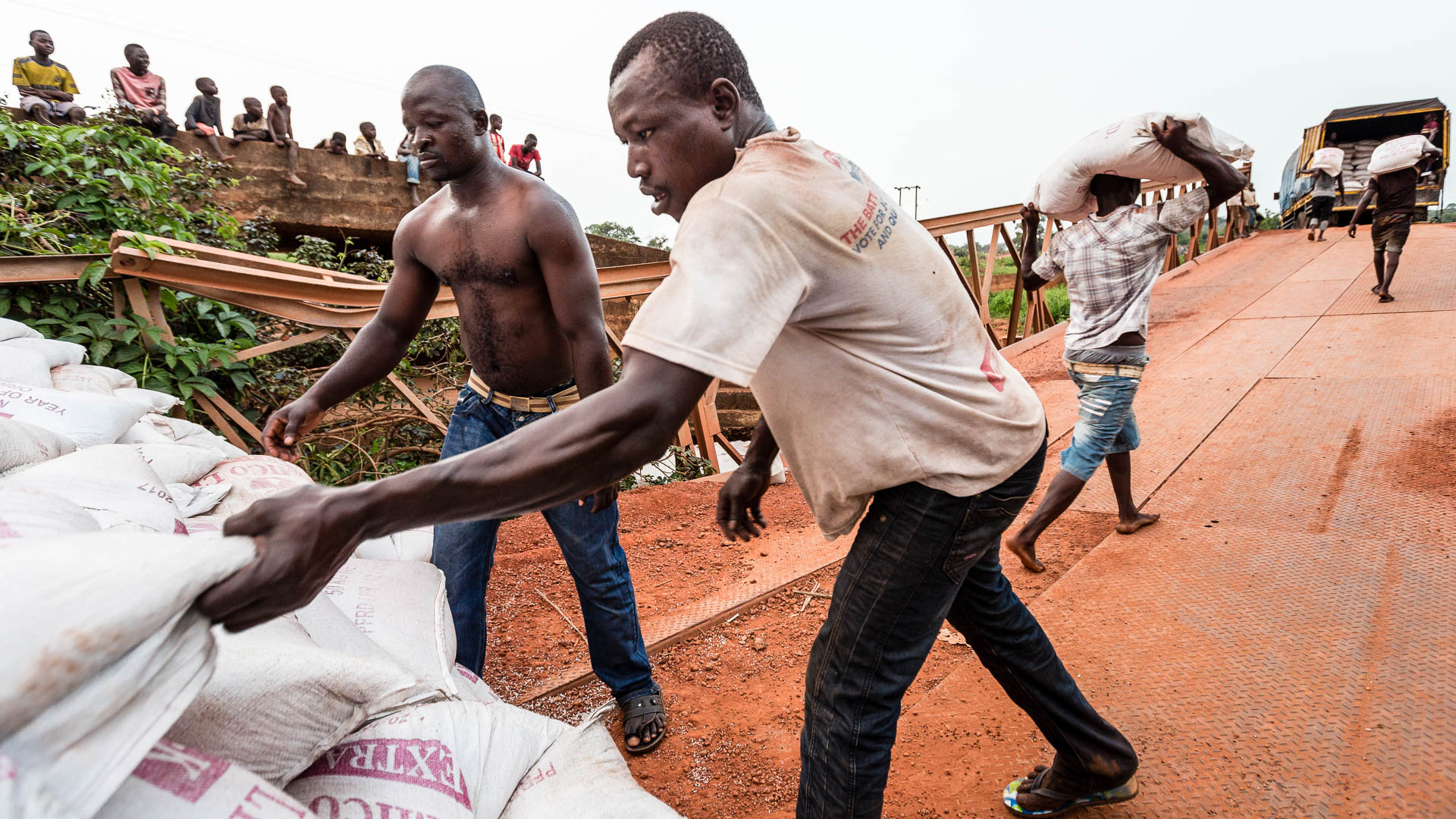
Photo by Max Power.
“One finger can’t pick up a stone.”
Mamprusi people, Ghana
Like John Donne’s famous statement “No man is an island,” this proverb speaks of the necessity and value of community. In South Africa it’s called ubuntu, a sentiment that essentially means, “I am what I am because of who we all are.” Many Africans live in communal settings, with homes built close together and extended family members under the same roof. They rely on one another in times of trouble, and work side by side in daily responsibilities like farming, cooking, cleaning, and childrearing.
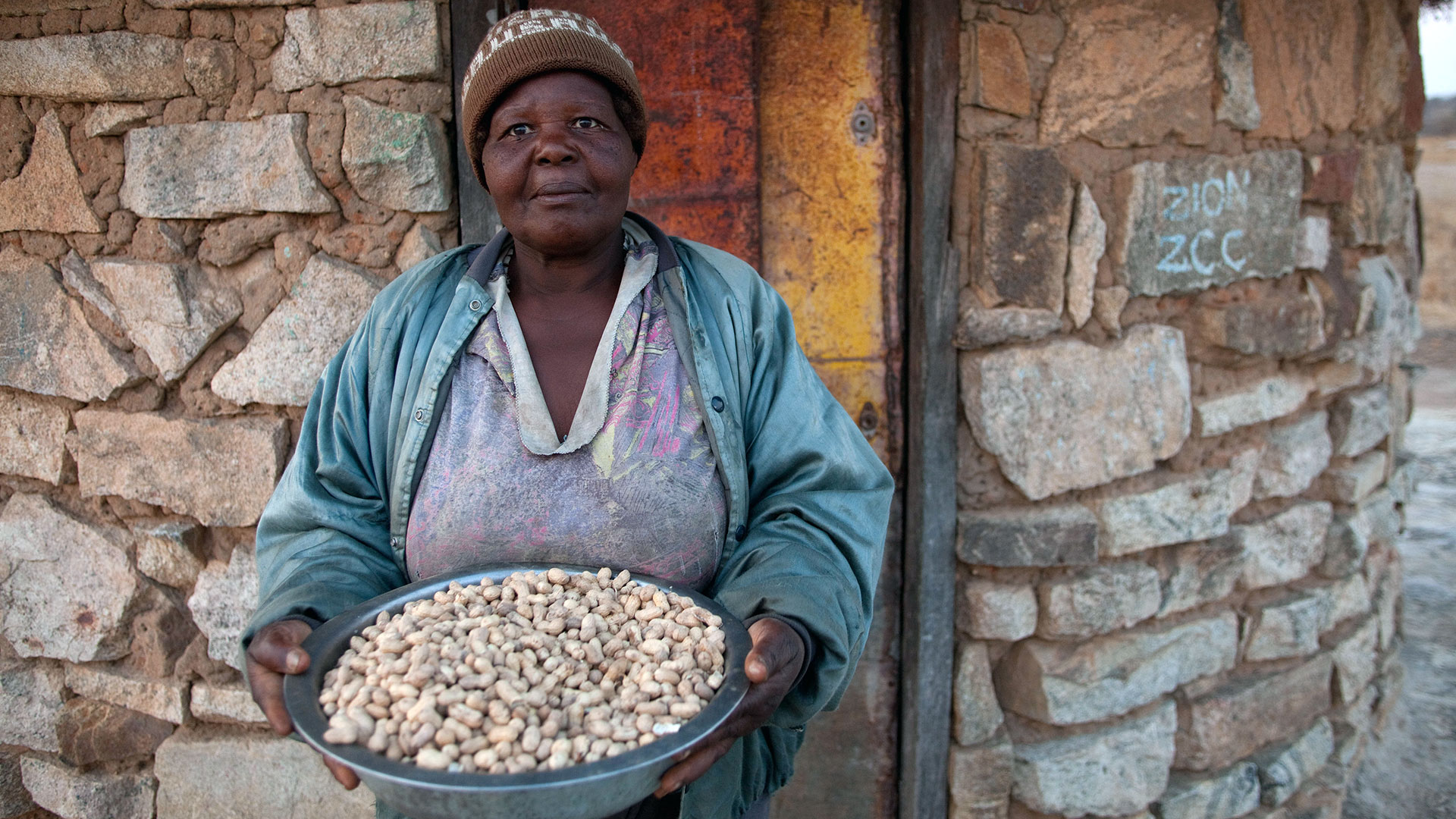
Photo by JoAnn Bradberry.
“Do not eat on your own.”
Bukusu people, Kenya
Though it sounds like an encouragement to be hospitable, this proverb actually underscores the necessity of sharing one’s possessions. If a family member or friend is in need, the one who has resources is obligated to help, even if those resources were originally intended for another purpose.
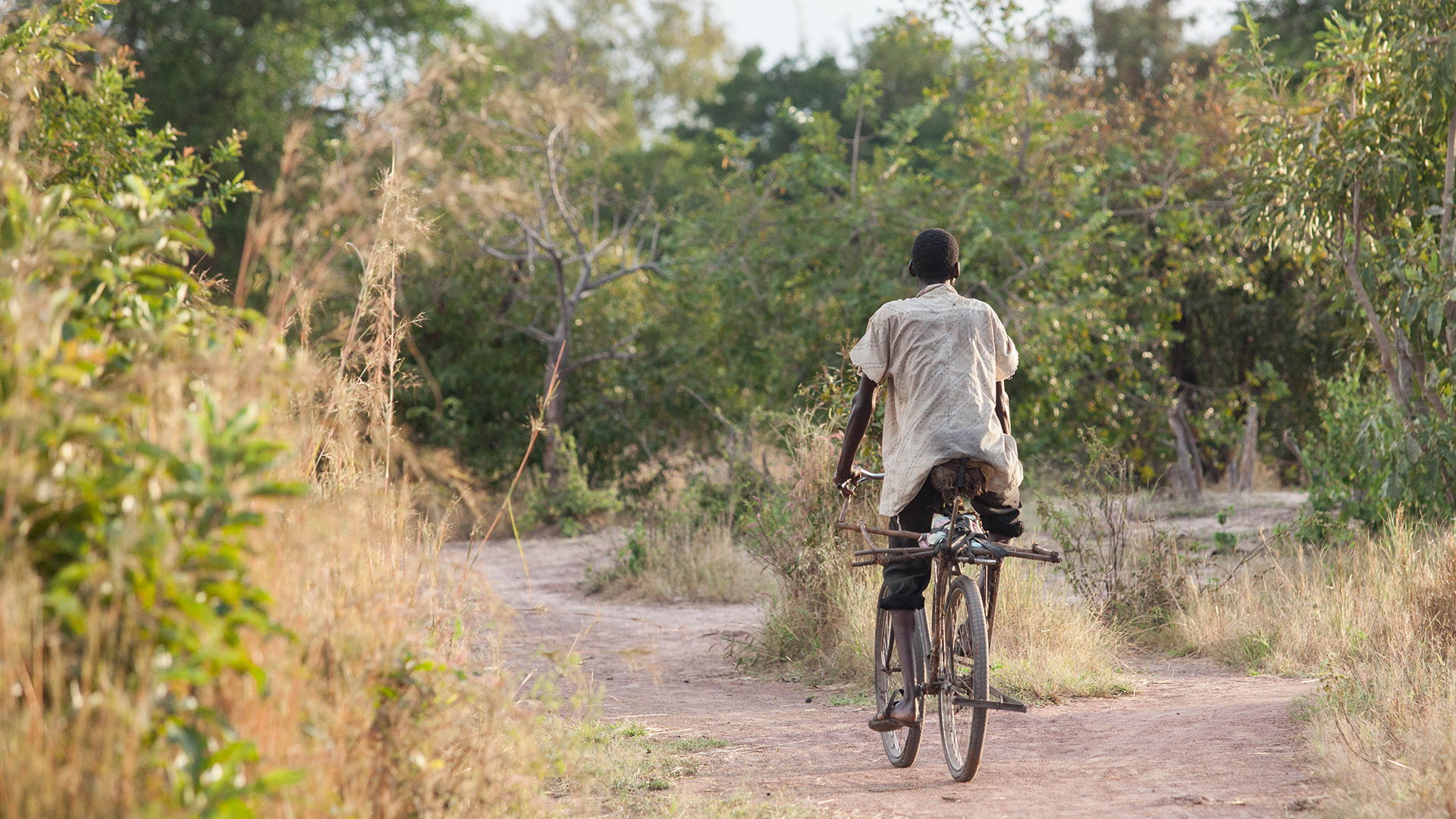
Photo by Paige Ryder.
“Slow, slow is the way to go. Hurry, hurry has no blessing.”
Swahili people, Kenya
An African once told a missionary, “You Americans have watches, but we Africans have time.” Task-oriented Americans tend to move hurriedly from one activity to the next, rarely stopping to rest or interact with others, but most Africans lean toward a more easygoing, relational approach to life. Stopping to chat with neighbors along the way to a meeting is often more important than getting to the meeting on time.
How to Use Proverbs in Ministry
The apostle Paul longed for the people of Colossae and Laodicea to “know the mystery of God, namely Christ, in whom are hidden all the treasures of wisdom and knowledge” (Col. 2:3).
To accomplish this goal, Paul and his companions taught with “all wisdom” (Col. 1:28). As you interact with people from other cultures, consider how you may be able to use wisdom as a bridge to gospel conversation. Keep these questions in mind:
- What proverbs do you hear them using?
- What do these statements reveal about what is valuable and meaningful to them?
- Are there distinct similarities or differences between their worldview and yours as a follower of Christ?
- Are there parallels in Scripture to the truths expressed in their proverbs? Or are there statements in Scripture that offer a counterpoint or complement to traditional wisdom?
As you build relationships, draw on your newfound understanding to point others to the source of all wisdom: Christ.
IMB writer Melanie Clinton lives in a large African city with her husband and two children. Her favorite African proverb is, “I pointed to the stars, and all you saw was my fingertip,” because it reminds her to keep focused on what really matters.

